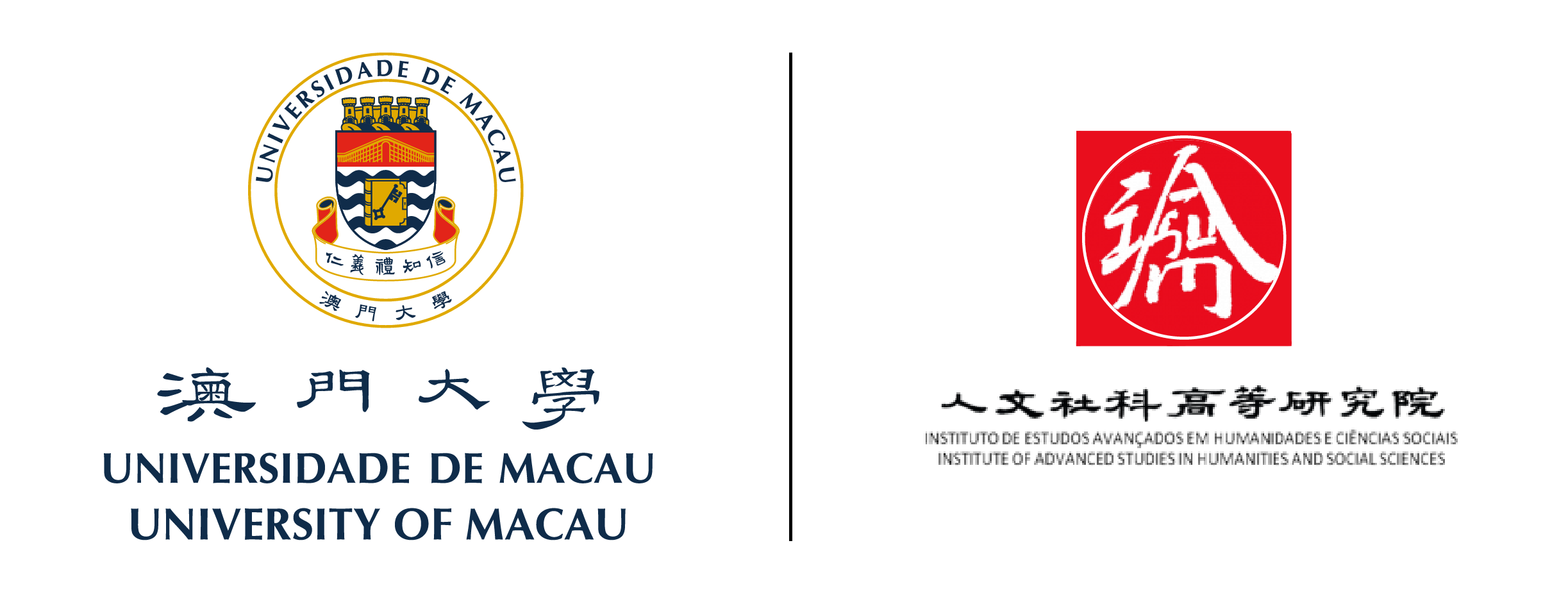
Lecture on “New and Old Macrocriminologies”, organized by the Institute of Advanced Studies in Humanities and Social Sciences (IAS), was successfully held on 20 September 2024. This lecture featured Professor John Braithwaite from the Australian National University as the speaker and Professor Liu Jianhong, Distinguished Professor of the Faculty of Law, as the moderator.
In this lecture, Prof. Braithwaite highlighted the significance of revisiting macrocriminology within the context of modern criminology. He began by introducing the origins and evolution of macrocriminology, referencing early Marxist criminologists such as Durkheim and Robert K. Merton. He emphasized the relevance of these foundational theories, particularly in shaping contemporary understandings of institutional anomie and collective efficacy, concepts that gained traction in the 1990s. Prof. Braithwaite argued that these theoretical advancements provide a strong framework for envisioning a society where more freedom and less crime coexist.
Prof. Braithwaite also delved into the concept of relational justice, drawing on both Confucian and Marxist traditions. He noted that a relational approach encourages community involvement and care in addressing crime, emphasizing that love and understanding must be integral to the justice process, particularly at the local level. Additionally, Prof. Braithwaite explored the relationship between inequality and crime, drawing from classical theorists such as Aristotle, who emphasized that both excess and poverty lead to crime. He argued that unequal societies suffer from higher crime rates, both among the powerless, who are exploited, and the powerful, who exploit others. His work suggests that while eliminating inequality may be impossible, societies can and must strive to reduce it in order to decrease crime. He emphasized that future criminology must embrace not only traditional legal structures but also broader social and cultural dimensions, particularly as global trends move toward decentralization and individual freedoms.
In the discussion session, topics such as the reliability of artificial intelligence in predicting recidivism and the effectiveness of mediators in restorative justice were explored. Prof. Braithwaite expressed concerns about the potential for artificial intelligence to stigmatize offenders, emphasizing the need for a balanced approach that combines technology with human judgment. He also highlighted the importance of well-trained mediators and community support, noting that these elements are crucial for creating a more inclusive and fair restorative justice process. His perspective underscored the value of integrating technology while maintaining a strong focus on human involvement in the justice system.
In the afternoon, IAS organized a tea break activity with Prof. John Braithwaite and Prof. Valerie Braithwaite, which attracted students and faculty members from various disciplines. During this activity, Prof. Yu Xingzhong, as the host, helped create a relaxed atmosphere where students and faculty members extended the lecture content for more in-depth discussions. The interaction encouraged active reflection and enhanced the impact of the lecture. The activities attracted students and faculty members from various disciplines, and the audience exhibited great enthusiasm and active participation throughout the event.







